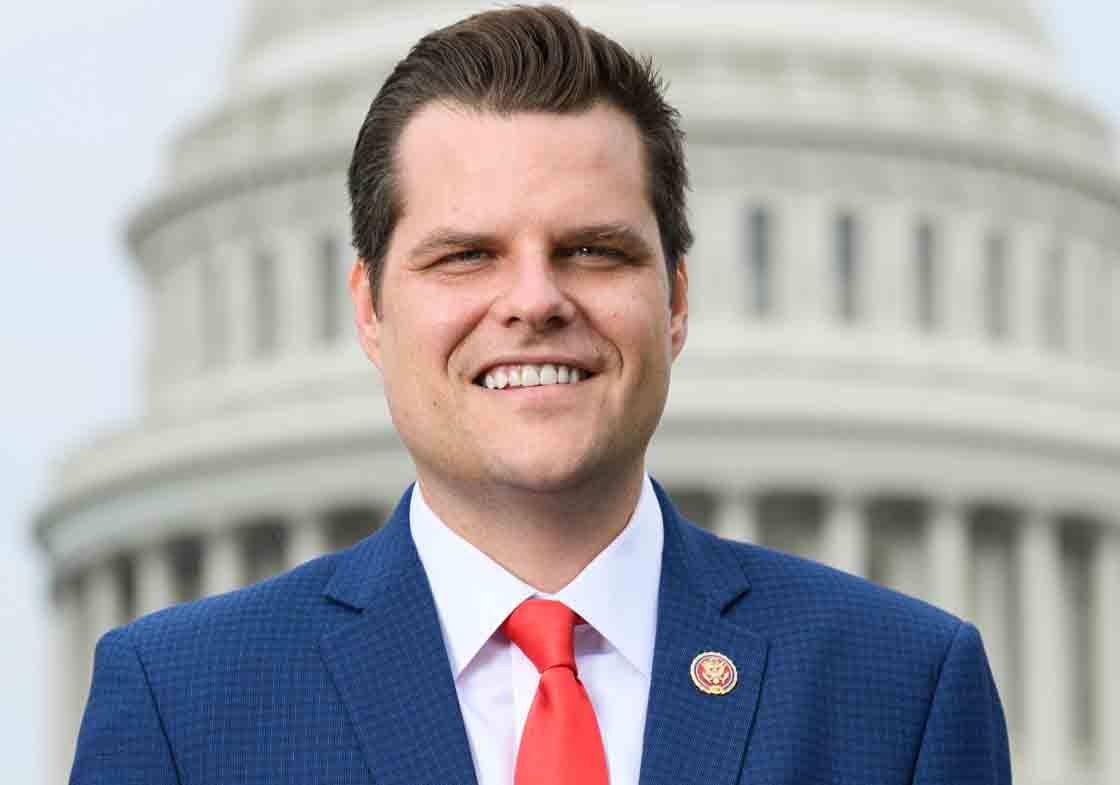Robert F. Kennedy Jr. has been chosen by President-elect Donald Trump to oversee Department of Health and Human Services (HHS). Kennedy’s selection joins Trump’s slate of audacious and often divisive candidates for important appointments in his government. Kennedy’s appointment could cause considerable discussion, particularly among Senate Republicans who have to approve his nomination.
Officially revealing the choice on Thursday, Trump validated earlier news sources. He said Kennedy will be very important in enabling the health and safety of Americans to be improved. Under Kennedy’s direction, Trump underlined that HHS will concentrate on shielding people from dangerous chemicals including pesticides, additives in food and medications. Said another way, “Mr. Kennedy will bring back trust and high standards in scientific research and help end the chronic disease crisis in our country.”
Kennedy accepted Trump’s offer and has spent several days in Palm Beach, Florida. Kennedy, well-known for his doubts about vaccines, has over the years disseminated widely attacked ideas concerning vaccine safety and efficacy. In his address on Thursday, Kennedy underlined the need to remove “corruption” from health authorities, promising to provide Americans accurate, honest information to make better choices about their health.
Should confirmation be approved, Kennedy would supervise significant initiatives including Medicare, Medicaid, and the Affordable Care Act (ACA), which Trump has signaled he may try to reform rather than totally destroy. Trump’s health team may potentially consider adjustments to Medicaid, the insurance program for low-income Americans. During Trump’s first term, his team tried to establish work requirements for Medicaid participants, but the reforms were generally blocked in court. The program, which covers about 72.5 million people, could again be revisited as Trump searches for ways to reduce costs.
Kennedy’s nomination was initially published by Politico and came as a surprise to some. Just days before the election, a member of Trump’s transition team had denied Kennedy would be chosen for HHS. This statement generated considerable confusion, but ultimately, Trump made the final choice himself.
Kennedy ran for president last year, originally opposing President Joe Biden as a Democrat, then moving to an independent candidacy. His agenda includes battling the “chronic disease epidemic,” pushing better food and environmental regulations, supporting holistic health, and reforming how public vaccine research is funded. Kennedy terminated his campaign in August and endorsed Trump on the same day.
In October, Trump intimated during a rally that he might give Kennedy a post linked to health, food, and medicine if re-elected. After the announcement of Kennedy’s new job, stock prices of major vaccine makers plummeted.
Since Election Day, Kennedy has committed to overhaul the nation’s public health policies. He vowed to start studies on the safety and effectiveness of vaccines and reassured the public that he did not seek to restrict access to vaccines. He also said he will formally suggest that states stop adding fluoride to public drinking water, a widespread practice to prevent cavities, because he believes fluoride may reduce children’s IQ.
Kennedy has also talked about making substantial changes to the personnel in health agencies. He said that he would slash staff in the Food and Drug Administration’s nutrition departments and replace hundreds of officials at the National Institutes of Health with fresh hires. In a recent interview with NPR, Kennedy said his key aims under Trump’s presidency would be to remove corruption in regulatory bodies, bring back high standards in science and medicine, and minimize chronic diseases in America.

